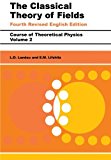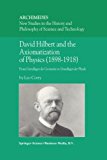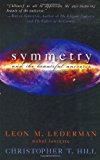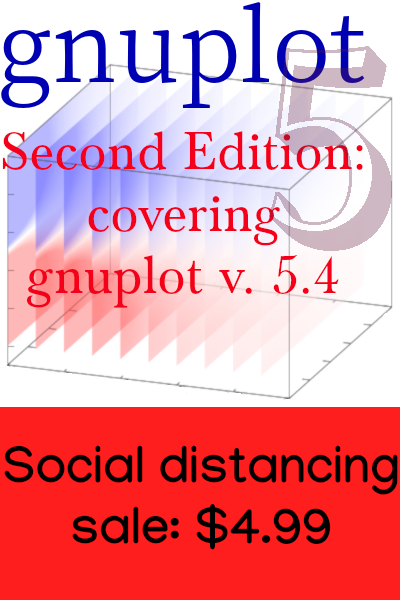Noether’s Theorem and Arthur Eddington
Today is the 105th anniversary of the famous eclipse expeditions organized by Arthur Eddington in 1919 to test a prediction of Einstein’s General Theory of Relativity. The politics and science surrounding these adventures are wonderfully described in Matthew Stanley’s book Einstein’s War.
There weren’t many people who could have pulled off what Eddington did. He was an astronomer who understood what was required to make the observations, but he was also mathematically gifted, able to have absorbed Einstein’s complicated theory and understand its consequences. General Relativity was only a few years old at this point, and most physicists were still unfamiliar with the tensor calculus that it employed and that Einstein had struggled to master—with the help of Emmy Noether—in order to write down his field equations.
In addition to these qualities, Eddington possessed unusual skills of persuasion and explication, and a high degree of courage and independence of thought. He was already under suspicion in some quarters due to his pacifism during the Great War. Now, in its aftermath, he managed to persuade the British authorities to support a project aimed at vindicating, of all things, the theory of a German scientist.
In this the project was a success, and the result was to catapult Einstein onto a level of celebrity unique for a scientist. Another result was to enhance the interest in General Relativity among physicists. It began to be taught and studied more widely, and became a standard part of the curriculum in graduate schools.
An indirect result was that a faint level of awareness of an obscure result now known as Noether’s Theorem was maintained within the culture of physics. This theorem, due to Emmy Noether, arose from the desire to understand the status of conservation laws within General Relativity. Only those physicists with an interest in that theory would have had any contact with the theorem; some of those became aware of it though such works as Hermann Weyl’s Space-Time-Matter.
The circumstance that Noether’s Theorem did not fade completely out of the consciousness of the physics community became important in the 1950s, long after Noether’s death, when it became the foundation for the Standard Model, our fundamental theory of particles and their interactions: the modern theory of matter. Because of this thread, this chain of circumstances, I believe that the awareness of Noether’s Theorem, the existence of the Standard Model, and the other developments that issue directly from the Theorem, owe a debt to Arthur Eddington.
I trace this thread and describe some of the other, often surprising, applications of Noether’s Theorem in my recent book, Einstein’s Tutor.





